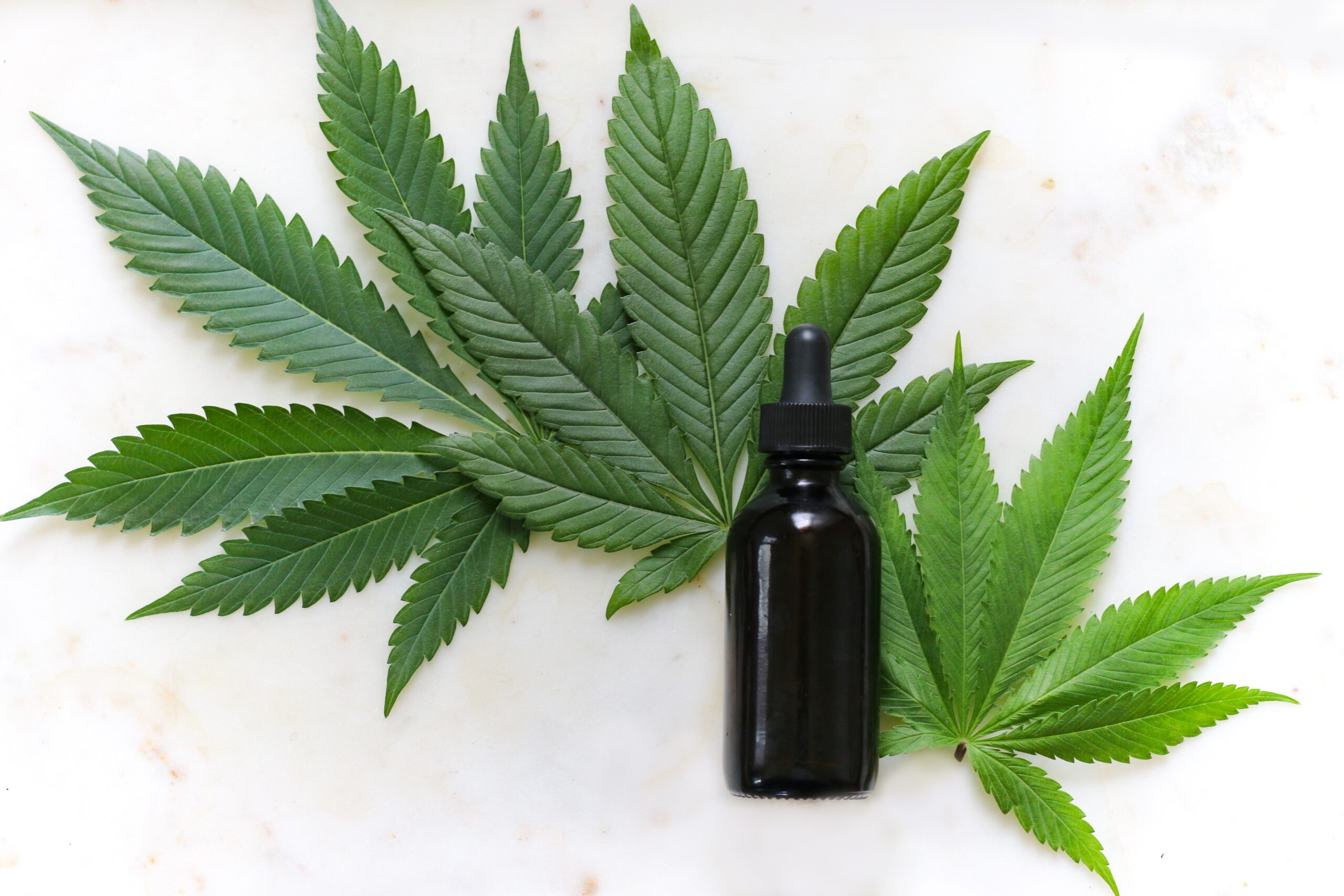By Dan Antunes
Lupus is a disease that affects the immune system by being unable to distinguish between healthy tissue and external bacteria. It can cause a wide range of health problems for its sufferers. Chronic in its diagnosis, the condition causes a wide range of painful and inflammatory issues in the form of lesions, rashes, joint problems and hair loss, with 1 in a 1000 people being estimated to be affected it.
A bigger focus in medical practices within recent years, the properties of cannabis and its THC properties are being investigated in how it can treat Lupus in the UK. With THC having been legalised last November, the drug has already seen beneficiary results in epilepsy sufferers with two medications already approved for NHS use. With research also showing cannabis to be helpful to reducing seizures in epilepsy sufferers, reducing pain and inflammation in Crohn’s disease, repairing neurons in Alzheimer’s disease and reducing trauma in PTSD sufferers, the benefits of the drug seem unparalleled.
With the THC and Cannabinoids increasing the number of anti-inflammatory proteins in our immune system and decreasing the number of pro inflammatories in the immune system. Through dampening the overly hyperactive immune systems of a lupus sufferer through a balanced ratio of THC and cannabinoids, use of cannabis in reducing the severity of lupus is a highly favourable especially when it can be administered through non-damaging methods like oils and vaporisers.
With so many benefits to the use of cannabis in medicine, it makes you wonder why the UK government is so adamant in keeping their stance of non-legalisation. Outside of the billions that legalisation has contributed to the economies of Canada and the U.S, cannabis would bring many benefits to the mental health sector. Through its stress-relieving properties, low potency cannabis would help a wide range of problems such as depression, anxiety and anorexia.
The legalisation of the substance would also see a massive, if not complete, reduction of the circulation of ‘skunk’, a type of cannabis with an unbalanced ration of THC that normally increases risk of psychosis and paranoia in users. Symptoms normally addressed with the aim of stoking fear among the public, the legalisation would reduce the amount of time and money spent in mental health sectors relating to these problems. The legalisation would also help reduce crime and gang activity with the easy procuration of the drug meaning it is often a gateway to wider networks of illegal activity. With a quick buck mentality becoming more prominent in youth mentalities due to lack of opportunities available to them, the legalisation by the government would see a very wide range of benefits on both sides of the fence.
Is Medical Cannabis the Answer for Lupus Patients?















